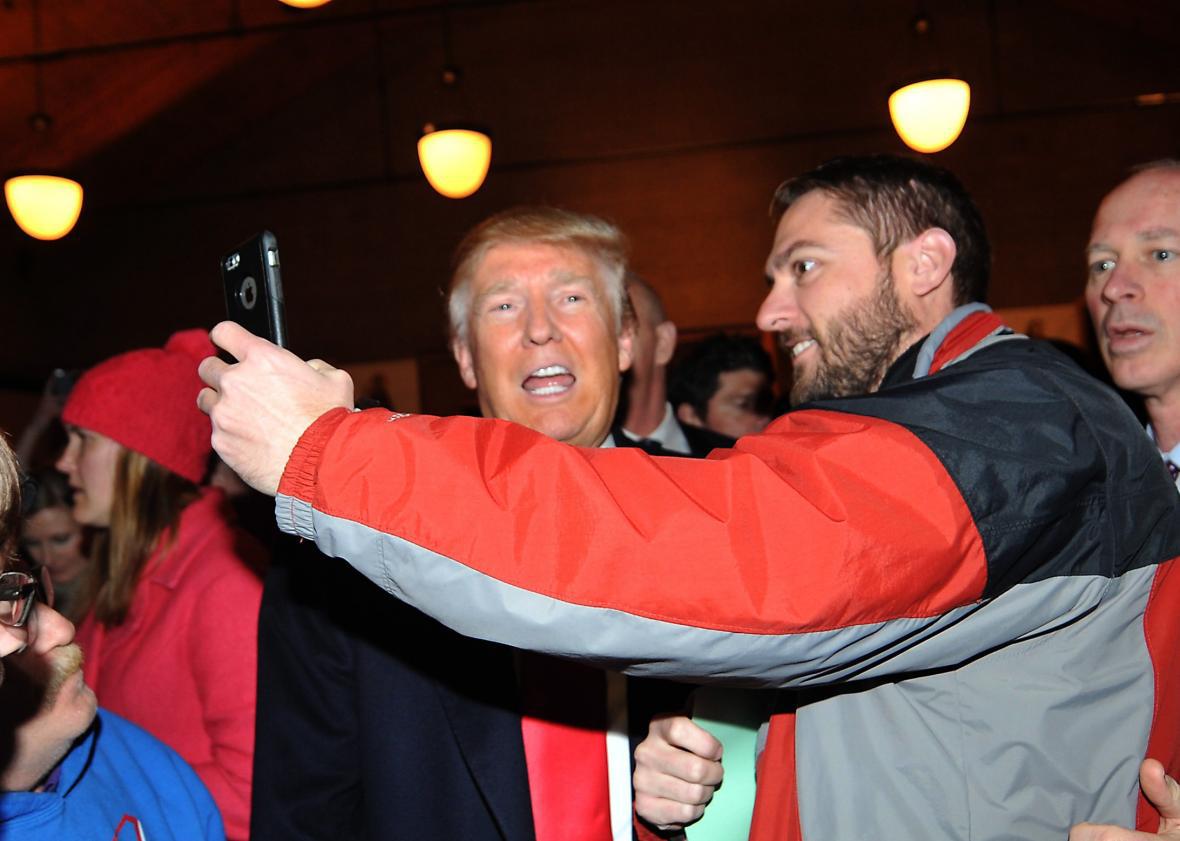After weeks of global fascination with the rise in the polls of Donald Trump, there’s a definite tone of smugness in some of the international coverage of his disappointing second-place finish in Iowa last night.
“Now the billionaire and enemy of all American Muslims will fight for sympathy in New Hampshire,” reports the Russian business daily Kommersant. There also seemed to be heavy suspicion in some of the Russian coverage that the Iowa results were manipulated. In daily broadsheet Izvestia, political scientist Pavel Svyatenkov argues, dismissively, that “the ability to manipulate the results of the caucus gives it low credibility” and that it is quite possible that the Republican leadership “helped” Cruz. Kremlin-funded international broadcaster RT was similarly incredulous about Hillary Clinton’s victory in six separate coin tosses.
The Chinese media reaction has been more subdued. “Cruz’s victory was a heavy blow to the controversial front-runner Trump,” notes China’s Xinhua newswire, going on to say that while a win in Iowa won’t secure the nomination, it “could obtain the favor of the media, which is known for its horse race coverage in U.S. presidential campaigns.” So true. It continues: “Uncertainty is expected to linger in the coming races.” This concern is particularly worrying at a time when “the economy awaits further recovery and security concerns over terrorism have been rattling the Americans.”
France’s Le Monde seems taken aback that Jeb Bush, “the son and brother of presidents,” performed so poorly. The left-wing Libération writes that while there were few delegates at stake in Iowa and Trump still leads in national polls, his ego had “claquer le beignet,” which literally translates as “hit the doughnut” but basically means he had to shut up for once.
Spain’s El País said the results showed that “the New York billionaire and showman who revolutionized American politics with his aggressive rhetoric and xenophobic outbursts is fallible.” It also noted the “fascinating paradoxes of American politics,” on display in a 90 percent white state giving strong boosts to the campaigns of two Latino sons of Cuban immigrants with tough policies on immigration.
The German media has been particularly alarmist in its coverage of the Trump phenomenon. Last week, news magazine Der Spiegel put the Donald on its cover, back-dropped by a burning American flag, calling him “the world’s most dangerous man” and predicting that if he were elected, “the America of George W. Bush would seem like a land of logic and reason in retrospect.” On Tuesday, the magazine seems a bit mollified by Rubio’s strong showing, calling him “the last hope of the rational.”
Not everyone in Germany is feeling relieved, however. Broadcaster Deutsche Welle casts a wary eye on Cruz’s victory, saying there is “no grounds for an all-clear.” Cruz, analyst Ines Phol writes, “is arch-conservative going on reactionary. While Donald Trump can be coarse and boorish, there is still some hope that his sheer sense of business might prevent him from causing utter chaos if ever he were voted into a position of responsibility. It says a lot about the Republican camp that one finds oneself looking for something positive in Trump.”
Read more of Slate’s coverage of the GOP primary.
